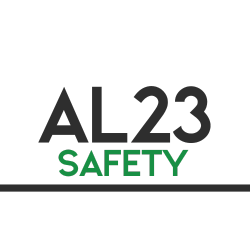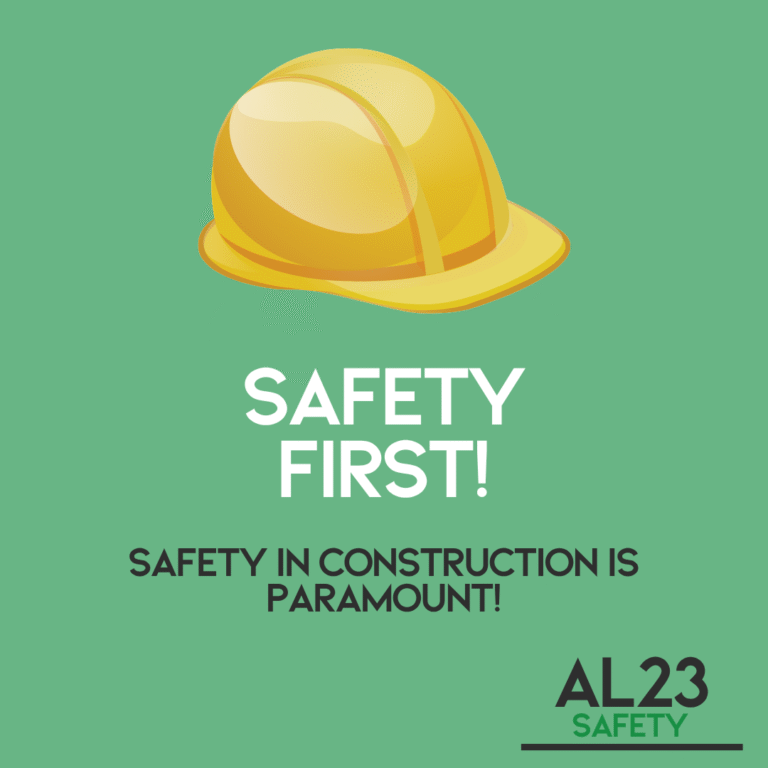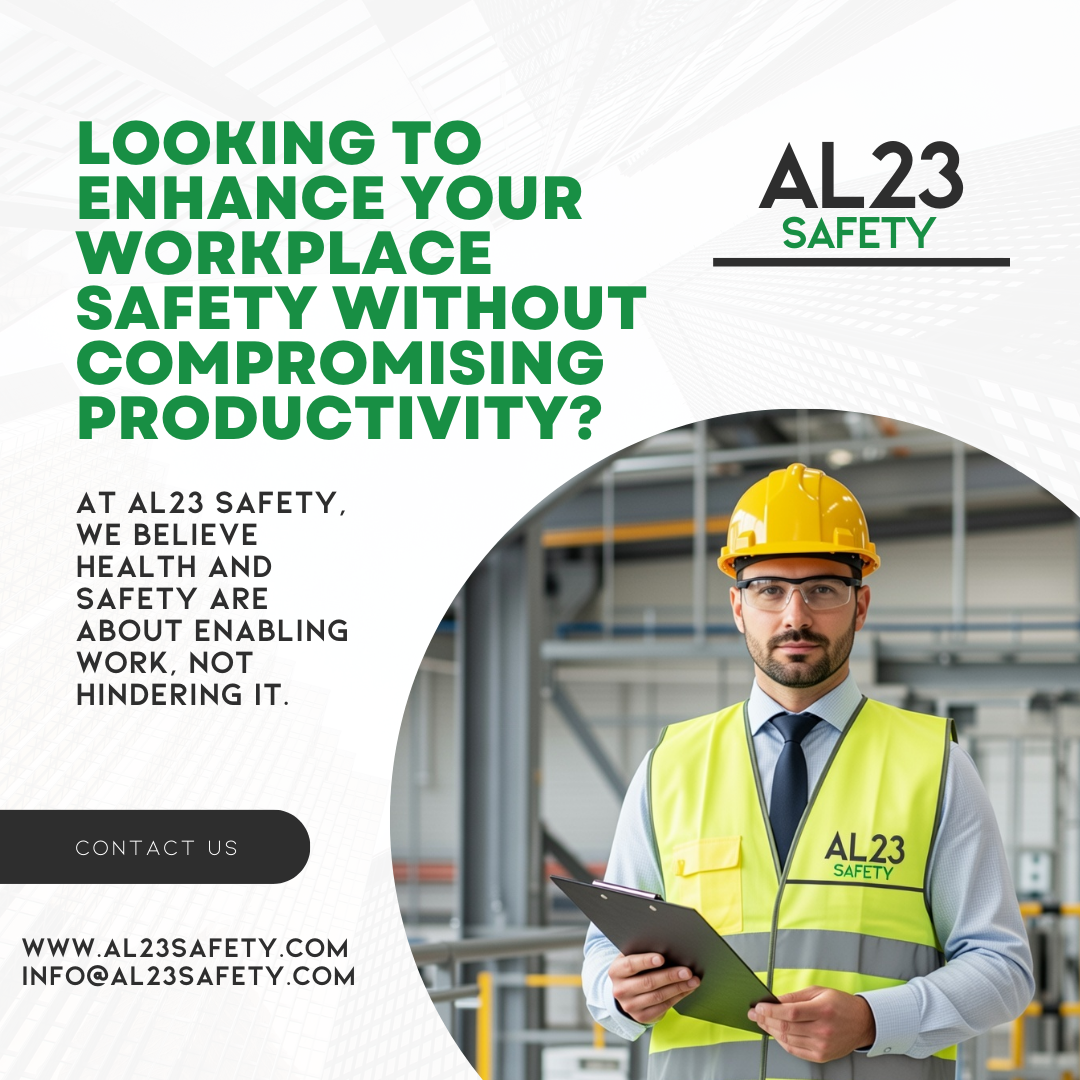Construction safety measures are not merely regulatory requirements they are fundamental pillars that protect lives and livelihoods across the industry. The recent incident involving Aryn Stones Ltd serves as a stark reminder of what can happen when robust safety protocols are absent. When a first floor collapsed during building works, four men were injured, with two suffering life-changing conditions, highlighting the devastating consequences of inadequate workplace safety protocols.
The Real Cost of Neglecting Construction Safety Measures
The Health and Safety Executive’s investigation into this incident revealed critical lapses in the company’s safety management, particularly concerning temporary structural integrity during remedial works. The resulting £50,000 fine represents just the tip of the iceberg when considering the true cost of poor construction site safety.
As HSE inspector Lucy Ellison-Dunn noted, “Although two men were seriously injured, it was lucky nobody was killed.” This sobering statement underscores why implementing comprehensive construction safety should be every organisation’s top priority.
Understanding the Foundation of Workplace Safety Protocols
Effective health and safety compliance begins with understanding that safety is not a one-time consideration but an ongoing commitment. The construction industry’s inherent risks from working at height to handling heavy machinery, require systematic approaches to risk management.
Companies that prioritise construction site safety often discover that their investment in safety management systems yields significant returns through reduced accident rates, improved employee morale, and enhanced operational efficiency. Moreover, clients increasingly favour partners who demonstrate unwavering commitment to workplace safety protocols.
7 Essential Construction Safety Every Site Must Implement
1. Comprehensive Risk Assessment and Management
Before any work begins, thorough risk assessments must identify potential hazards and establish appropriate control measures. This foundational step in construction safety ensures that all risks are recognised and mitigated before they can cause harm.
2. Structural Integrity Monitoring
The Aryn Stones Ltd incident particularly highlights the importance of maintaining structural integrity during remedial works. Regular monitoring and professional assessment of temporary structures form crucial elements of effective workplace safety .
3. Employee Training and Competency Development
Well-trained workers are your first line of defence against accidents. Comprehensive training programmes ensure that every team member understands their role in maintaining construction site safety and can respond appropriately to potential hazards.
4. Personal Protective Equipment (PPE) Implementation
Proper PPE usage remains fundamental to construction safety . However, simply providing equipment is insufficient—workers must understand when, how, and why to use each piece of protective equipment.
5. Emergency Response Planning
Robust emergency response procedures ensure that when incidents occur, the impact is minimised through swift, coordinated action. These plans form essential components of comprehensive safety management systems.
6. Regular Safety Audits and Inspections
Ongoing monitoring through regular inspections helps identify potential issues before they escalate into serious problems. This proactive approach to health and safety compliance prevents incidents rather than merely responding to them.
7. Creating a Safety Culture
Perhaps most importantly, fostering a culture where safety is everyone’s responsibility ensures that workplace safety become second nature rather than burdensome obligations.
How AL23 Safety Transforms Construction Site Safety
At AL23 Safety, we understand that each construction project presents unique challenges requiring tailored solutions. Our expert consultants work closely with clients to develop comprehensive safety systems that address specific risks whilst ensuring full health and safety compliance.
Our services encompass thorough risk assessments, customised training programmes, and ongoing support to help organisations not just meet but exceed industry standards. We recognise that effective safety measures must be practical, sustainable, and integrated into daily operations.
The Business Case for Investing in Construction Safety
Organisations that prioritise workplace safety experience numerous benefits beyond regulatory compliance. Studies consistently demonstrate that companies with robust site safety programmes enjoy reduced insurance premiums, lower staff turnover, and enhanced reputation within the industry.
Furthermore, clients increasingly scrutinise potential partners’ safety records when awarding contracts, making strong safety systems a competitive advantage in tender situations.
Moving Forward: Building a Safer Construction Industry
The tragic incident at Aryn Stones Ltd need not be in vain if it serves as a catalyst for improved safety measures across the industry. By learning from such incidents and implementing comprehensive workplace safety protocols, we can work together to prevent similar tragedies.
At AL23 Safety, we are committed to supporting organisations in creating safer, more compliant, and more productive work environments. Our expertise in health and safety compliance ensures that your team receives the guidance needed to implement effective safety management systems.
Don’t wait for an incident to highlight gaps in your site safety. Contact AL23 Safety today to discover how our tailored solutions can protect your workforce, enhance your reputation, and secure your organisation’s future success.
Together, we can build an industry where robust construction safety measures ensure that every worker returns home safely each day.



